Indigenous Governance Database
water quality
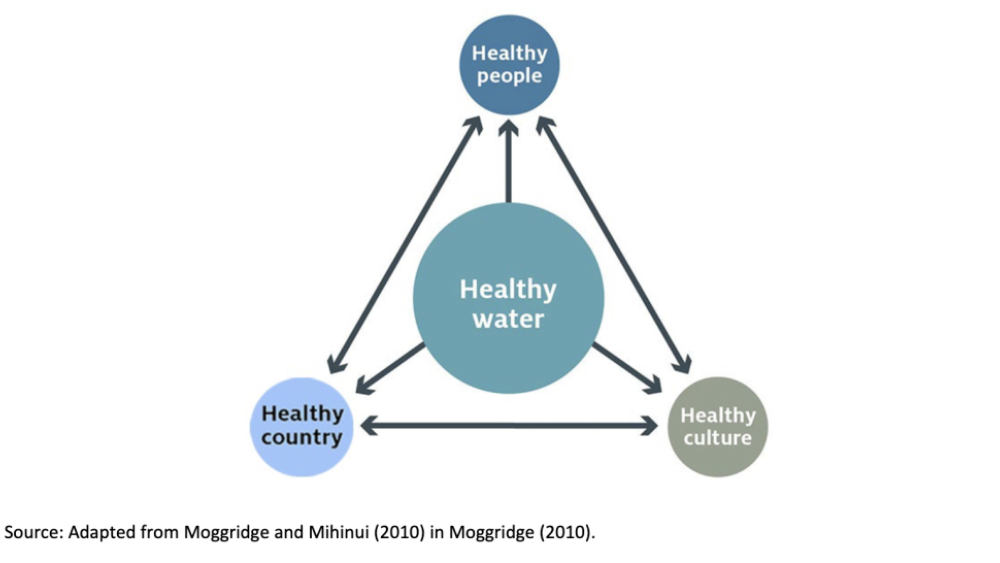
Water Back: A Review Centering Rematriation and Indigenous Water Research Sovereignty
The recent Land Back movement has catalysed global solidarity towards addressing the oppression and dispossession of Indigenous Peoples’ Lands and territories. Largely absent from the discourse, however, is a discussion of the alienation of Indigenous Peoples from Water by settler-colonial states.…
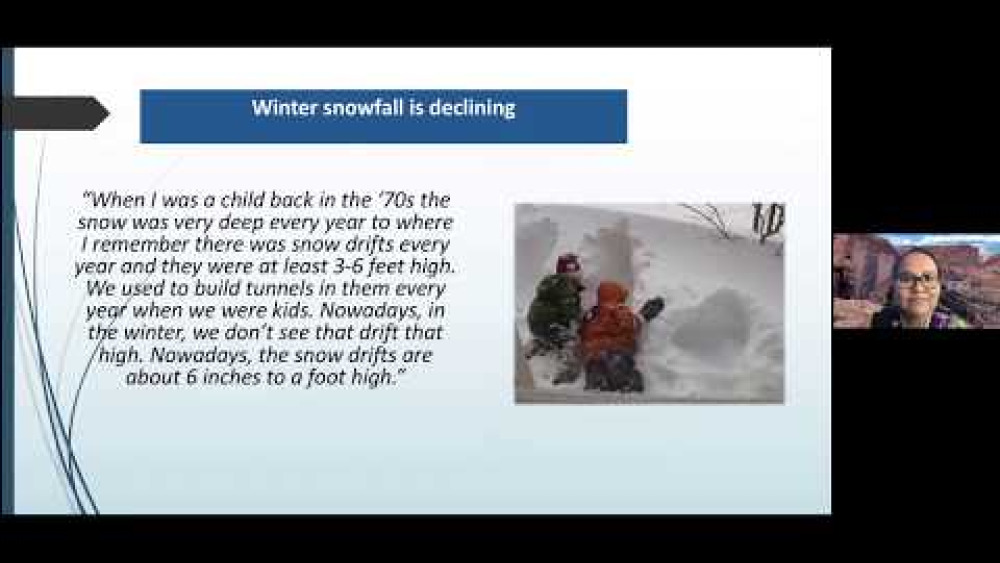
Water in the Native World Webinar Series: Change Rippling through Our Waters and Culture
“Water in the Native World,” a special issue on tribal water research was just released by the Journal of Contemporary Water Research and Education. This is the second time, Dr. Karletta Chief, the PI of the Community Engagement Core of the University of Arizona Superfund Research Center (UA SRC)…

Water in the Native World Webinar Series: Arsenic Concentrations in Ground and Surface Waters across Arizona Including Native Lands
“Water in the Native World,” a special issue on tribal water research was just released by the Journal of Contemporary Water Research and Education. This is the second time, Dr. Karletta Chief, the PI of the Community Engagement Core of the University of Arizona Superfund Research Center (UA SRC)…
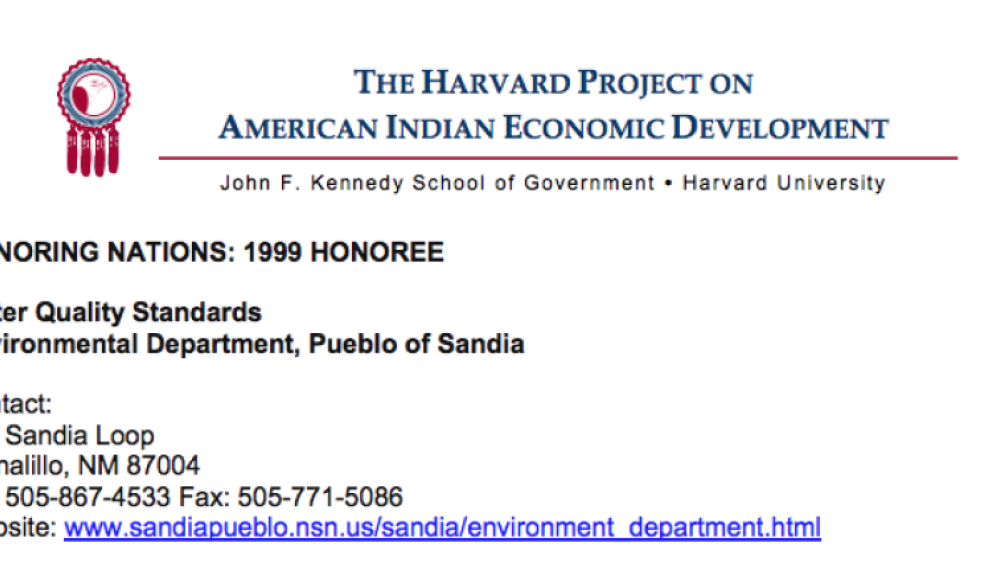
Water Quality Standards (Sandia)
Responding to the severe contamination of the Rio Grande River that threatens human health and ceremonial uses of the water, the Pueblo was awarded "treatment as state" status in 1990. Subsequently, the Pueblo developed and implemented US EPA approved water quality standards that give it control…
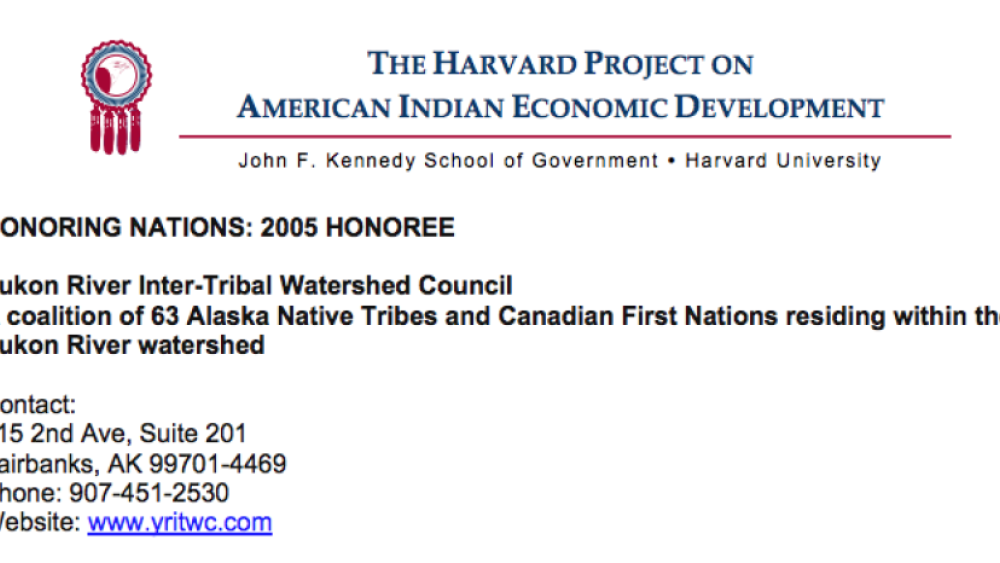
Yukon River Inter-Tribal Watershed Council
The Yukon River runs for 2,300 miles across the northwestern corner of North America. Many generations of Native people have drawn on its waters for food, drink, and other necessities. Recent development and changes in land use have affected the quality of Yukon River water. In 1997, chiefs and…
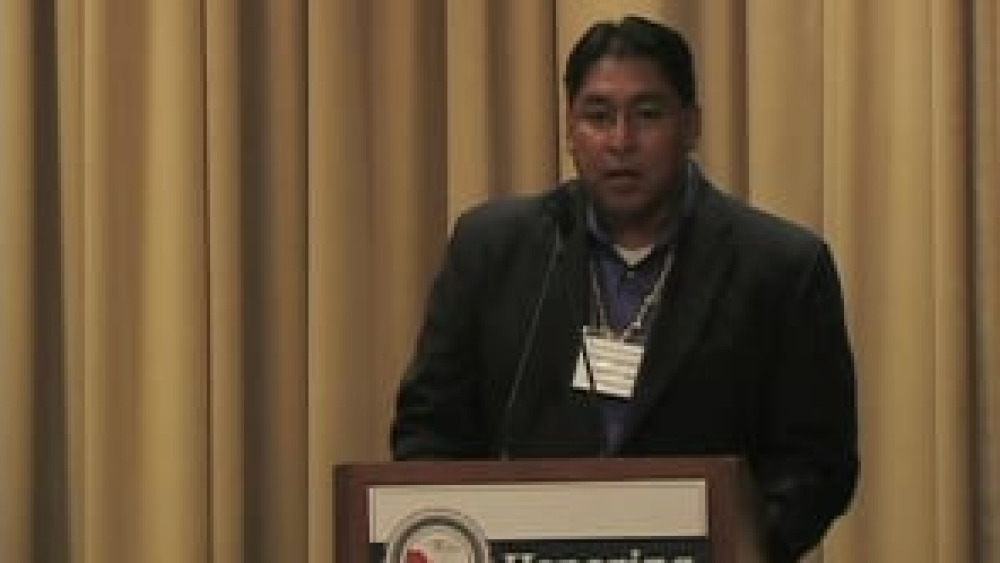
Honoring Nations: Gabriel Lopez: Ak-Chin Community Council Task Force
Ak-Chin Indian Community Council Member Gabriel Lopez discusses why the Community decided to establish the Ak-Chin Community Council Task Force, and shares how the Task Force works to protect the cultural and environmental integrity of the Ak-Chin community, reservation and surrounding lands.
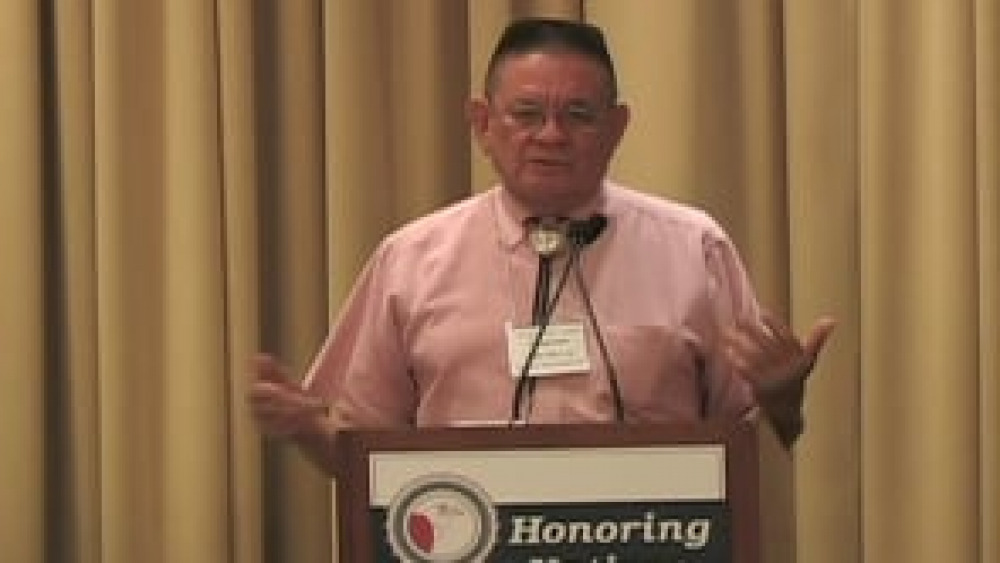
Honoring Nations: John McCoy: Sovereignty Today
Now-former Quil Ceda Village Director John McCoy talks about how and why the Tulalip Tribes established Quil Ceda Village, and also reflects on his tenure serving in the State of Washington Legislature.
Honoring Nations: Jon Waterhouse and Rob Rosenfeld: The Yukon River Inter-Tribal Watershed Council
Jon Waterhouse and Rob Rosenfeld provide an overview of the work accomplished by the Yukon River Inter-Tribal Watershed Council, demonstrating the benefits of Native nations who have common cultures and challenges to band together to solve issues of mutual concern.

Red Cliff Chippewa Band Re-Dredges 55-Gallon Drums of Live World War 2 Ammo From Lake Superior
The Red Cliff Band of Lake Superior Chippewa is having another go at the munitions barrels dumped into their waters by the Army Corps of Engineers during the Cold War years. Nearly 1,500 55-gallon drums were interred beneath the lake on orders of the U.S. Department of Defense from 1959 to 1962. In…
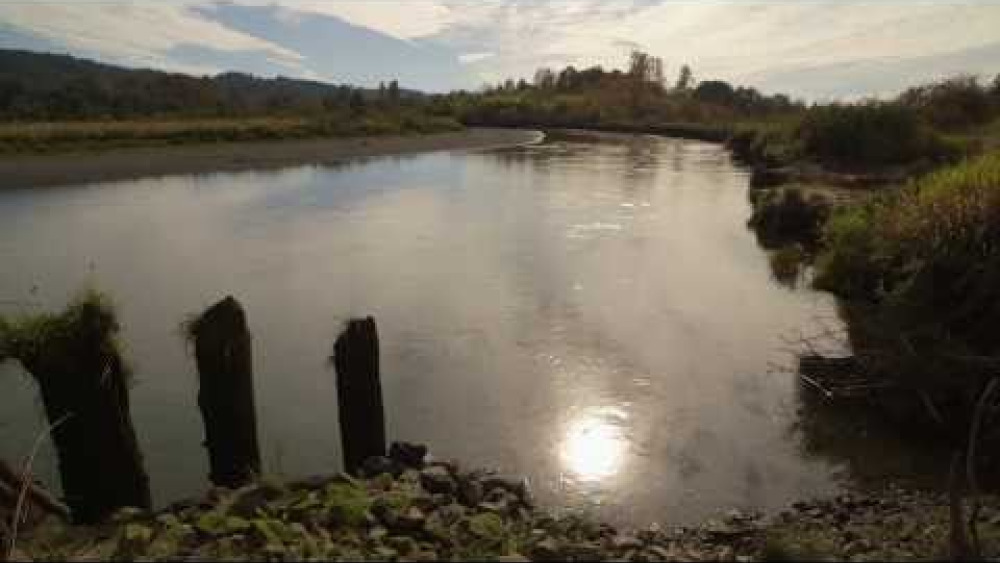
Coming Back: Restoring the Skokomish Watershed
Members of the Skokomish Watershed Action Team have been collaborating for a decade on how to best restore the Skokomish watershed, located at the southern end of Hood Canal, in western Washington. From federal agencies to the Skokomish Tribe to private citizens, this is the story of how these very…
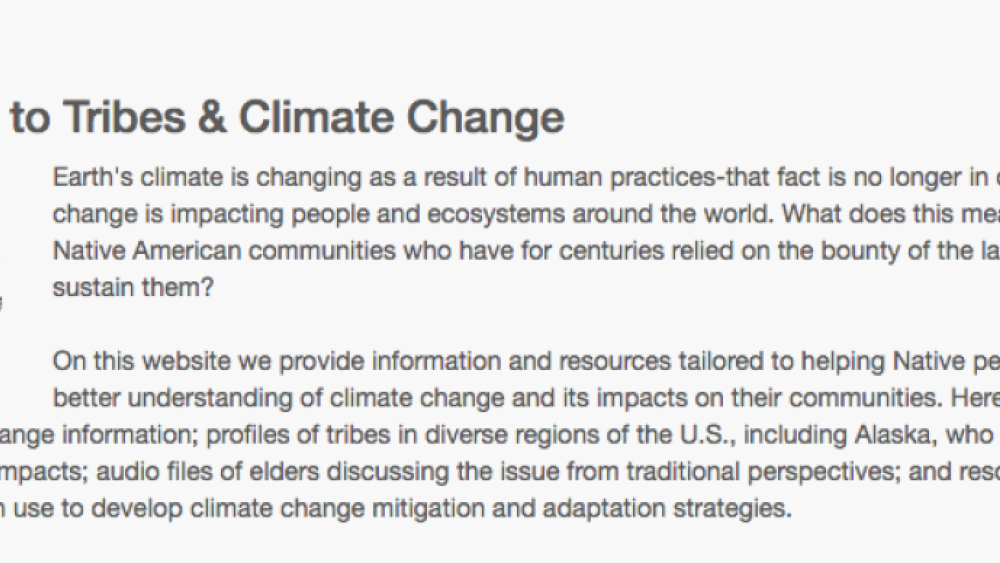
Mescalero Apache Tribe: Innovative approaches to climate change adaptation
There is no disagreement that the climate in the Sacramento Mountains has been getting warmer and dryer in recent years. Indeed, the temperature and drought regimes of late have been described as extreme by state meteorologists. The winter season, the period of time between the first freeze and the…
